
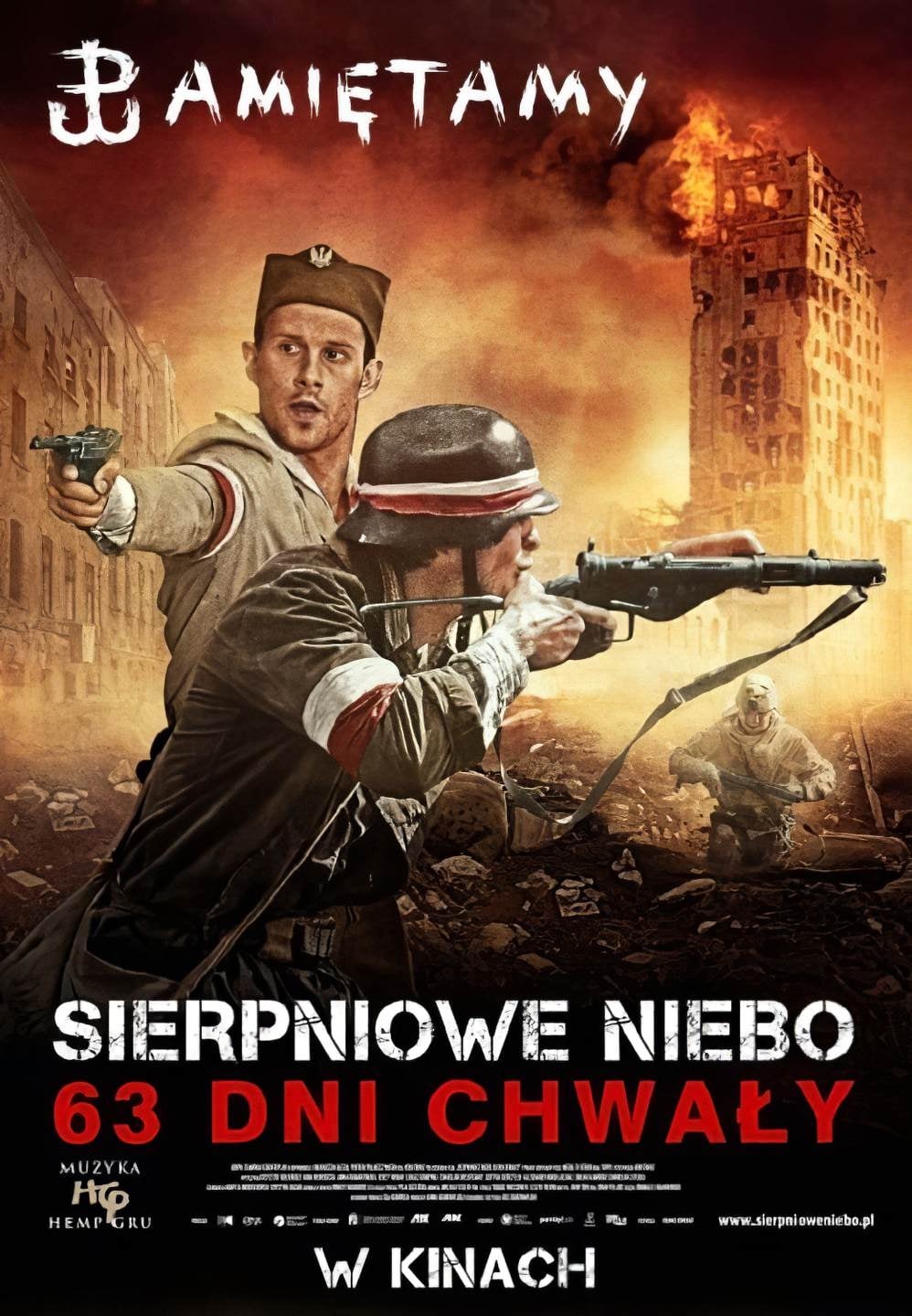
A decades-old diary found at a construction site reveals the harrowing account of a professor in hiding during the early days of the Warsaw Uprising.
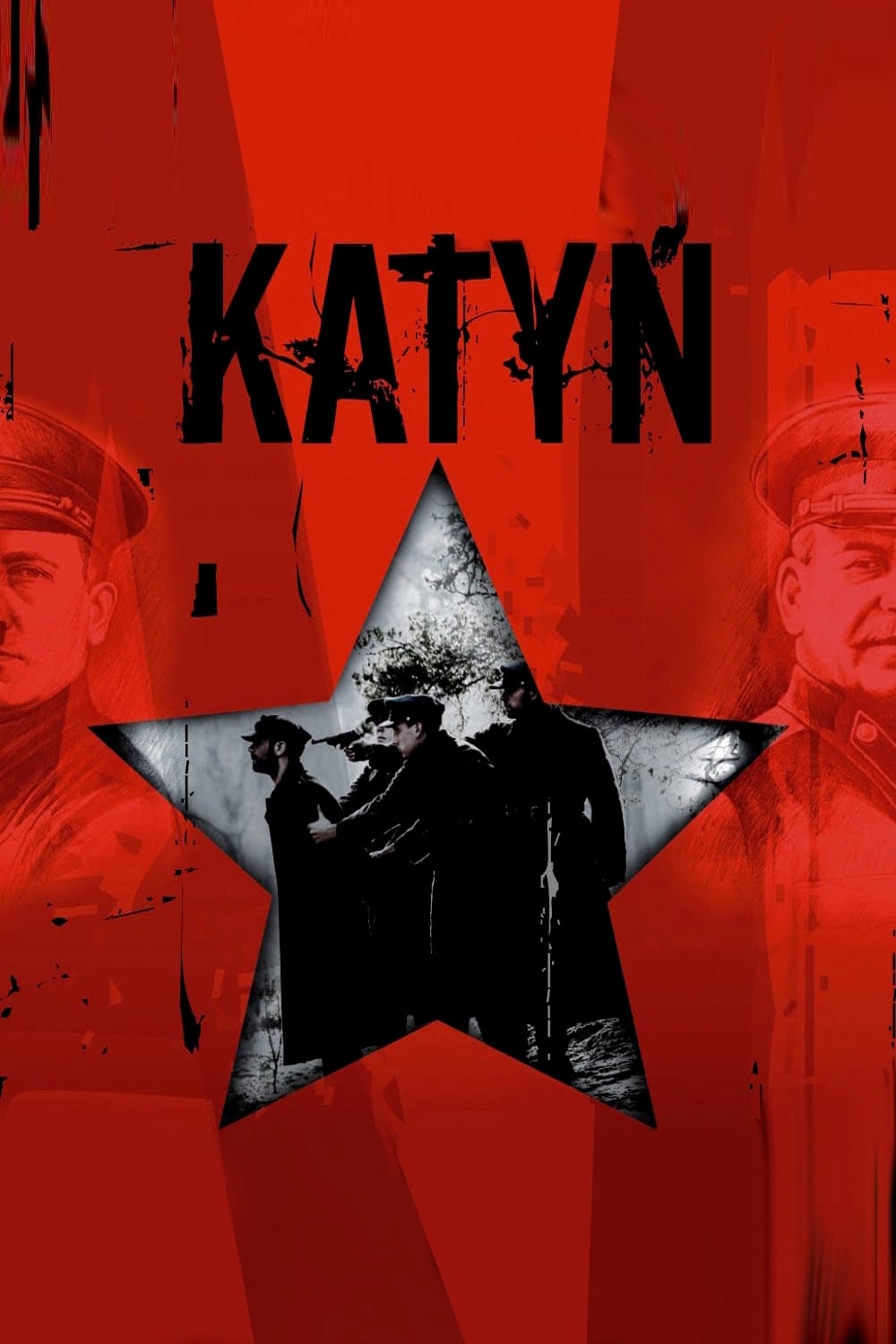
On September 1st, 1939, Nazi Germany invades Poland, unleashing World War II. On September 17th, the Soviet Red Army crosses the border. The Polish army, unable to fight on two fronts, is defeated. Thousands of Polish men, both military and government officials, are captured by the invaders. Their fate will only be known several years later.
A simple love story in the form of a mystical drama. Ed - a failure in life, a rebel after a failed rebellion - meets a homeless girl at the train station, Róża, who once ran away from her family home in search of love...
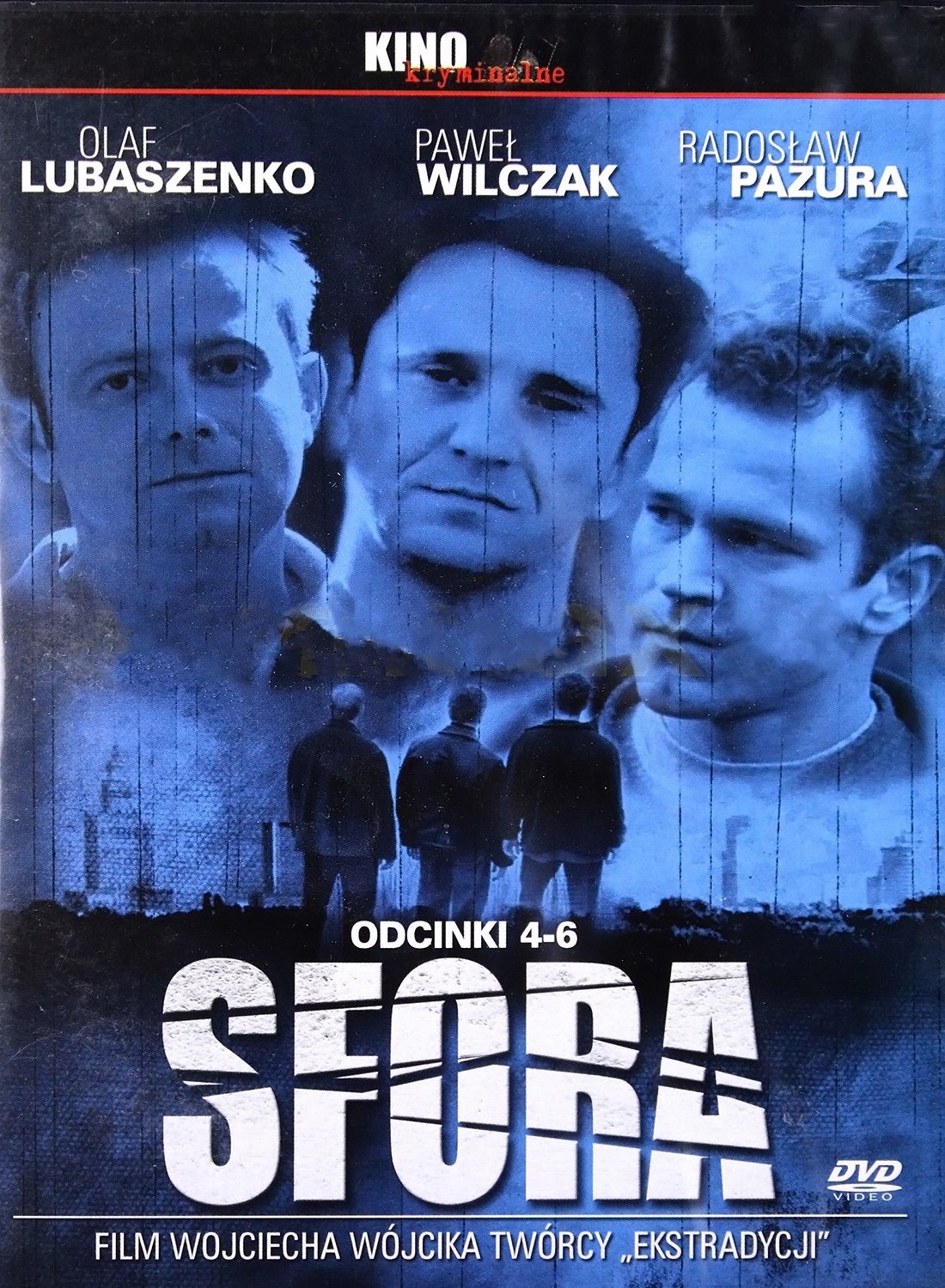
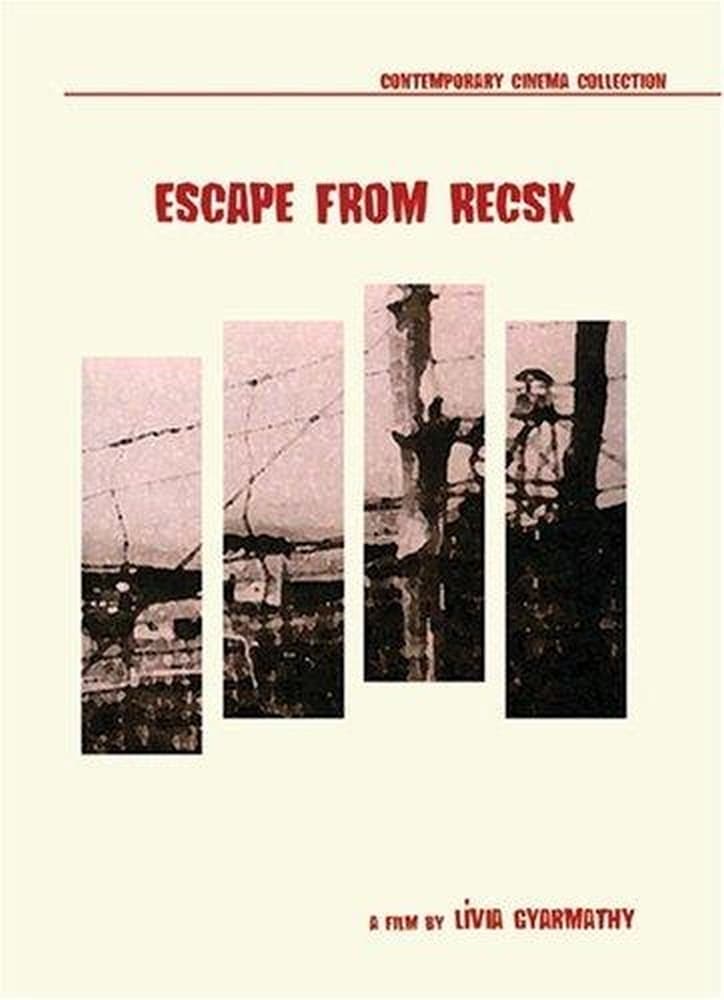
Budapest, 1948. Gyula Molnár, interpreter to the Supervisory Committee of the Allied Powers, is carried away from a party by plain-cloth police investigators. Recsk, 1950. Molnár, having attempted an escape and with a wound made by a bullet in his neck - is doggedly trying to get into the brigade of brick-layers, as escape is easiest from there.
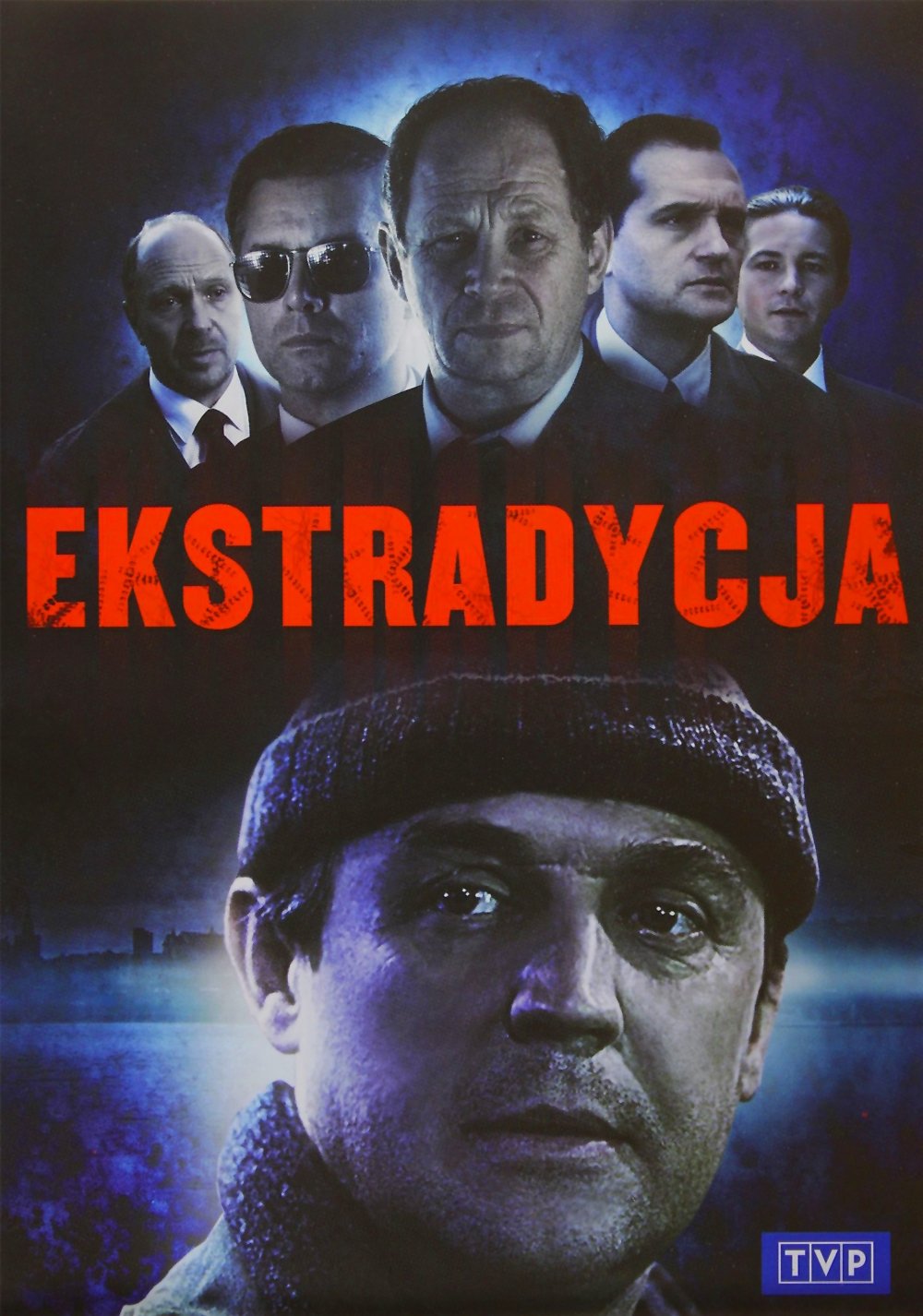
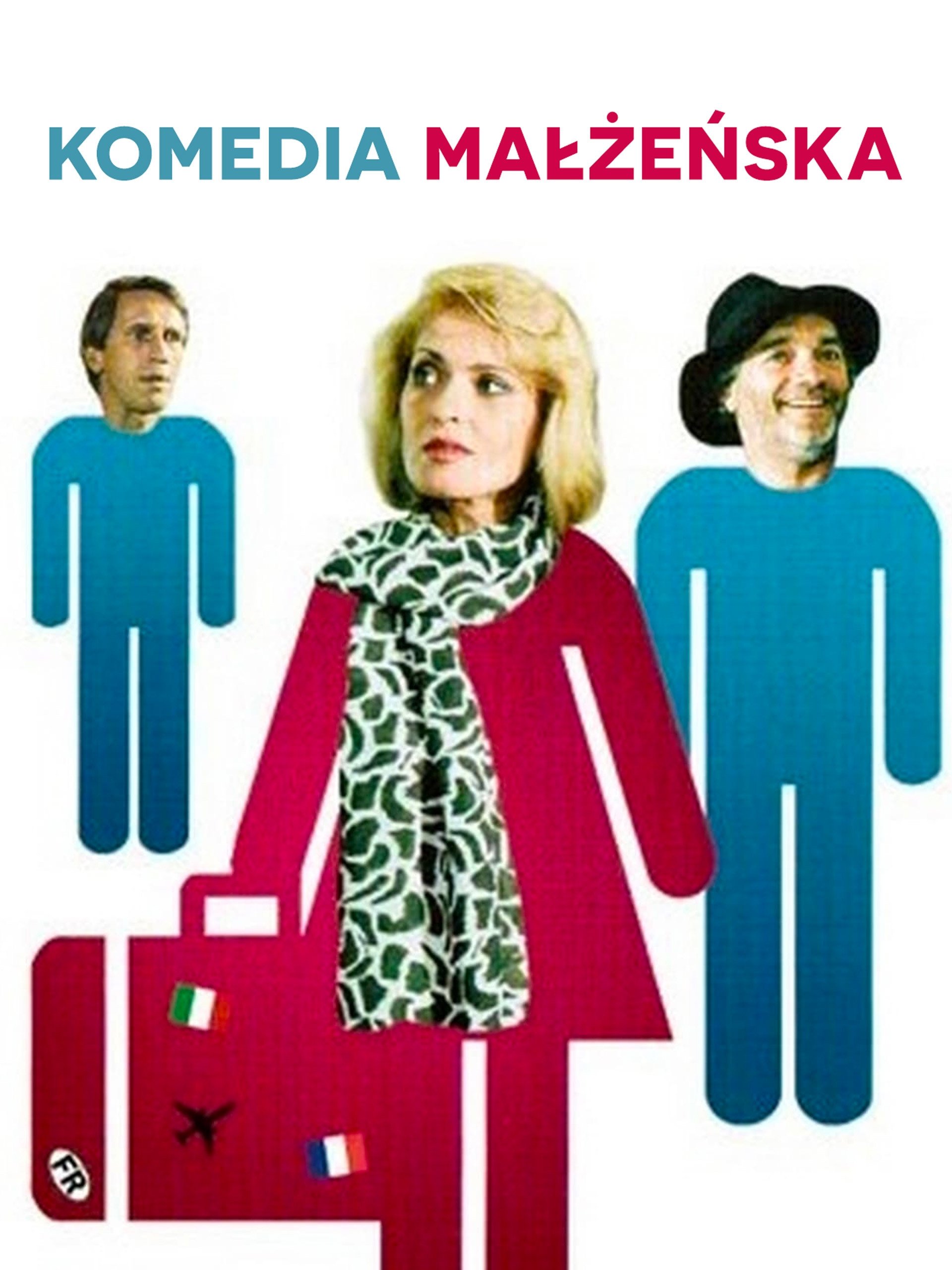
Disappointed with being a housewife and annoyed by her cheating husband, Maria decides to abandon her family, move to Warsaw and get a well-paid job.
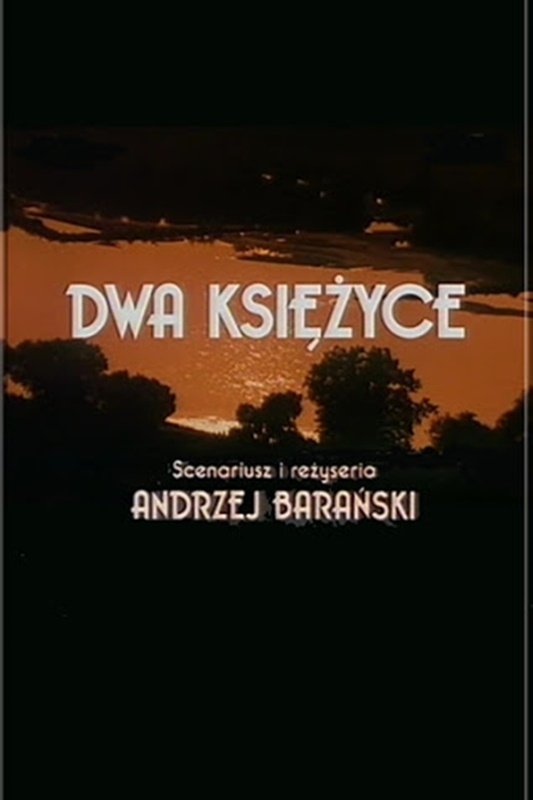
Panoramic view of a resort town in the summer of 1930. In seventeen episodes we get a glimpse at the microcosm of its colourful inhabitants and visitors, Poles and Jews, the high society and the desperately poor.
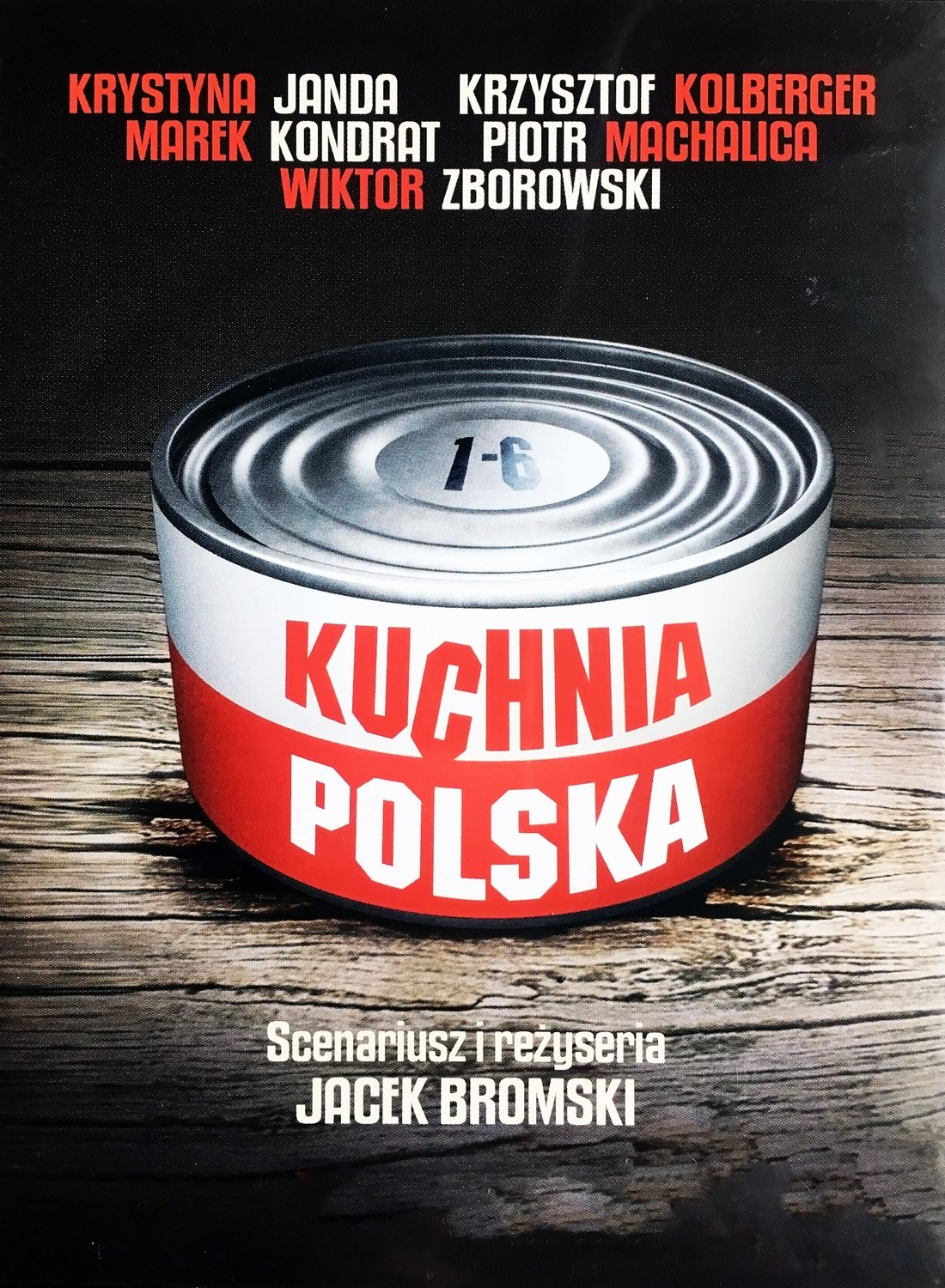
Krzysztof Marek Kolberger (13 August 1950 – 7 January 2011) was a Polish actor and theatre director. His father's surname was changed from Kohlberger in the 1950s. He had a daughter, actress Julia Kolberger, with ex-wife Anna Romantowska.
By browsing this website, you accept our cookies policy.